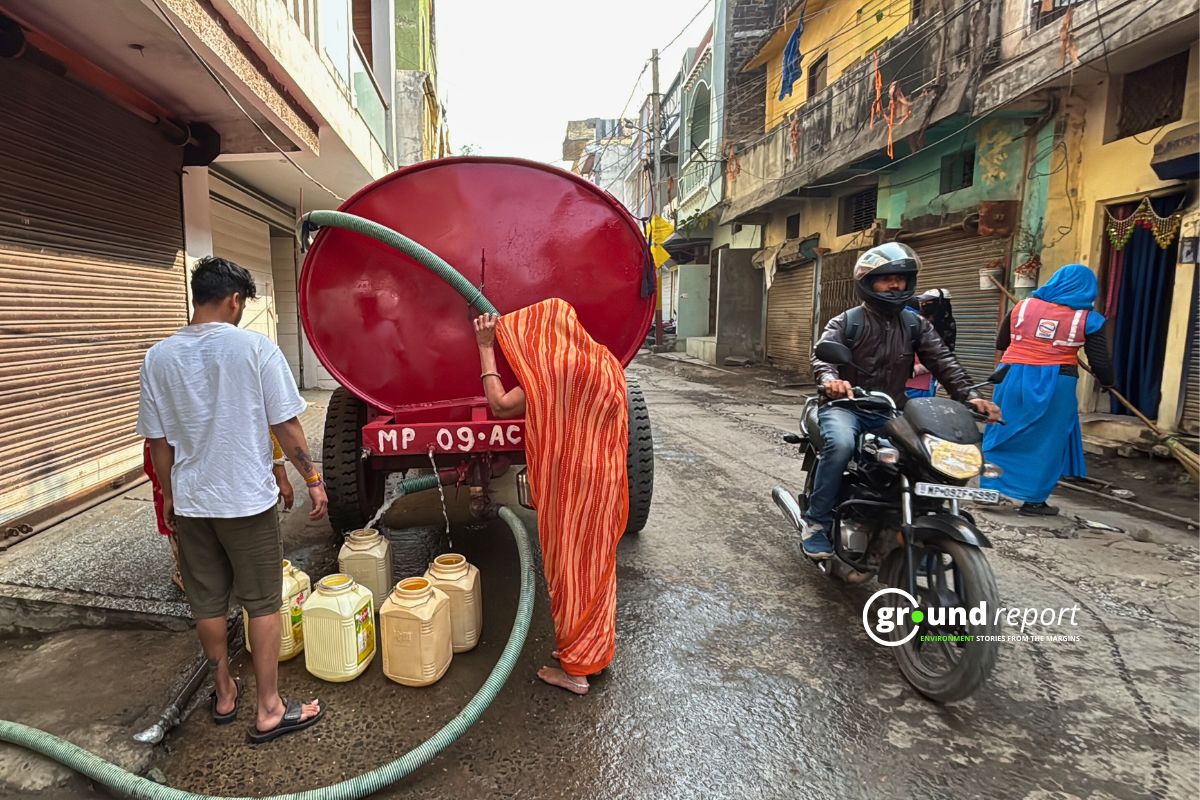The Reserve Bank of India (RBI) on Tuesday said that all lending institutions, including non-banking financial companies, that by November 5 they would have to implement the scheme of interest waiver on loans up to Rs 2 crore for a period of six months. Starting March 1.
The apex bank said “the rate of interest will come into force on 29 February 2020”. If the rate of interest has changed after this, it will not be reimbursed for the purpose of calculation. The amount of pre-payment due will have to be credited to the borrower’s account by the respective lending institutions as pre-loan payments under the scheme.
Lending institutions have to credit the required payment which is the difference between compound interest and simple interest for the period between 1 March to 31 August and up to 5 November in the account of the borrowers – and then demand reimbursement from the government. Is performed.
The Center announced operational guidelines in relation to the scheme, following a Supreme Court directive to implement the interest waiver scheme.
The apex court had on 14 October directed the Center to implement “at the earliest” for interest waiver on loans up to Rs 2 crore under the RBI’s moratorium scheme in view of the epidemic. Government hands
The scheme will apply to those who have availed the loan moratorium of RBI and also to those who have not done so. This would include housing loans, education loans, credit card dues, auto loans, MSME loans, personal loans to professionals, consumer durables and consumption loans.
In a circular issued to banks, housing finance companies, NBFCs and other financial institutions, the central bank said that all lending institutions are advised to be guided by the provisions of the scheme and take necessary action within the stipulated timelines.
According to the government-announced scheme, the “prepayment payment” would be admissible as to whether the borrower has fully or partially availed the repayment announced by RBI in March and thereafter in May. It states that the period for depositing the difference between compound interest and simple interest will be from March 1 to August 31.
It states that “the rate of interest will come into force on 29 February 2020.” If the rate of interest has changed after this, it will not be reimbursed for the purpose of calculation. The amount of pre-payment due will have to be credited to the borrower’s account by the respective lending institutions as pre-loan payments under the scheme.
The plan stated that when it comes to education, housing, automobiles, consumption loans and personal loans to individuals, the rate of interest will be applied to calculate the difference between compound interest and simple interest. loan agreement. Further, the relief will be applicable only to those accounts which are standard till 29 February.









